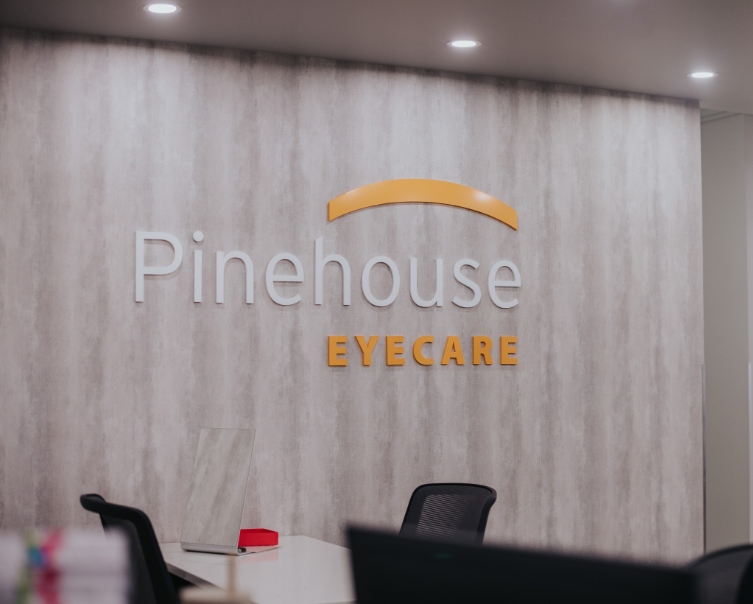Laser eye surgery is a popular procedure designed to correct various vision issues that can impact eye health. Several varieties of laser eye surgery are available, depending on your individual needs. These include LASIK (Laser-Assisted In Situ Keratomileusis), PRK (Photorefractive Keratectomy), and Refractive Lens Exchange (RLE).
However, despite laser surgery’s popularity, many potential patients are apprehensive about the procedure, primarily due to concerns about pain. Fortunately, laser surgery isn’t painful. Surgeons apply numbing eye drops that desensitize the eye, meaning that patients tend to feel no more than a slight pressure of discomfort.
This blog post aims to address some common concerns about laser surgery.
Understanding the Procedure
Before addressing the pain aspect, it’s essential to understand what, exactly, happens during laser eye surgery. The procedure involves reshaping the cornea—the clear front part of the eye—using a specialized laser.
This reshaping allows the light that enters the eye to focus more directly on the retina—the tissue at the back of the eye that sends light signals to the brain. The result is clearer vision.
The Big Question: Does it Hurt?
The short answer is no, laser eye surgery is generally not painful. Here’s why:
Pre-Surgery Preparations
To ensure patient comfort, surgeons apply numbing eye drops before the procedure begins. These drops effectively desensitize the eye, ensuring that you don’t feel pain during the surgery. Patients might experience a slight pressure or discomfort, but it’s typically not described as painful.
During the Procedure
The laser reshaping takes only a few minutes per eye. Most patients report feeling pressure rather than pain. The process is quick, and the surgeon often talks you through each step, which helps alleviate anxiety or discomfort.
Post-Surgery Sensations
After the surgery, it’s normal to experience mild discomfort, akin to having an eyelash in your eye or slight dryness. However, this sensation usually subsides within a few hours to a couple of days. Surgeons often prescribe eye drops to aid in the healing process and ensure comfort.
Managing Post-Surgery Discomfort
- Rest Your Eyes: After surgery, your eyes need ample time to heal properly. It’s important to avoid straining them, so consider taking regular breaks from screen time and reading. Try to engage in activities that don’t require intense visual focus.
- Use Prescribed Eye Drops: Your doctor will likely prescribe eye drops for your recovery. These drops help keep your eyes moist, which is important for preventing dryness and irritation. These drops also play a role in reducing inflammation and facilitating the healing process.
- Avoid Rubbing Your Eyes: Although it’s always tempting to rub your eyes when they feel itchy, doing so can interfere with the delicate healing process. Rubbing your eyes can potentially cause damage or increase the risk of infection.
- Wear Sunglasses: After your procedure, your eyes may be more sensitive to bright lights and UV rays. Wearing sunglasses, especially immediately after surgery, will protect your eyes from harmful exposure and help maintain your comfort during recovery. Consider investing in a good pair with UV protection for optimal safety.
Benefits of Laser Eye Surgery
The fear of potential pain should not overshadow the numerous benefits of laser surgery:
- Improved Vision: Most patients achieve 20/20 vision or even better, allowing them to enjoy clearer and sharper eyesight for various daily activities, from reading to driving.
- Quick Recovery: Many patients notice significantly improved vision within just 24 hours after the procedure, allowing them to return to their normal routines with minimal downtime.
- Long-Term Results: Laser surgery offers a permanent solution for vision correction, substantially reducing dependency on glasses or contact lenses and providing long-lasting clarity and convenience.
If you’re considering laser surgery, it’s important to consult with an eye care professional to assess your suitability for the procedure. This consultation typically involves a comprehensive eye exam to evaluate various factors. For instance, one common consideration is whether your cornea is thick enough for the surgery.
Age is another important consideration, as candidates should generally be over 18 and have had a stable prescription for at least a year.
Additionally, overall eye health, including the presence of conditions like dry eye or glaucoma, can significantly impact eligibility. By assessing these factors, an eye care professional can determine whether laser surgery is the right choice for you.
Book a Consultation at Pinehouse Eyecare
For those in the Saskatoon, SK area, Pinehouse Eyecare offers expert consultations for laser eye surgery. With over 30 years of experience, we’re dedicated to providing comprehensive eye care. Ready to take the next step towards clearer vision without the hassle of glasses or contact lenses? Schedule your consultation today at Pinehouse Eyecare. Our professionals are here to guide you through every step of the process, addressing any concerns or questions you may have.
While the thought of laser eye surgery might seem daunting, the procedure is largely painless thanks to modern advancements in medical technology. With its high success rate and numerous benefits, Laser surgery remains an excellent option for those looking to improve their vision permanently.










